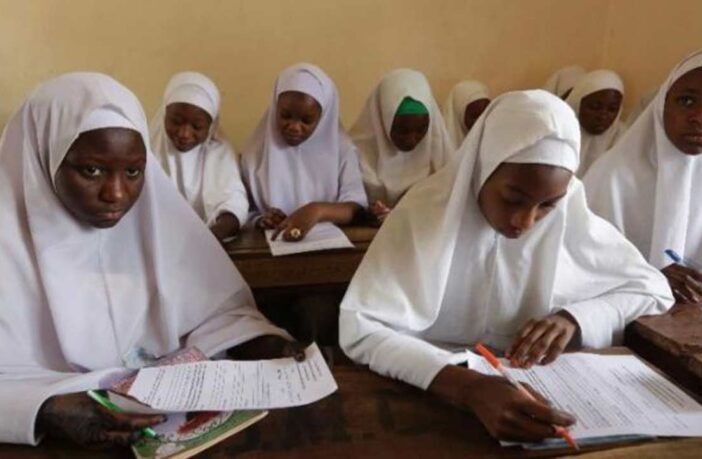The Child Rights Implementation Committee (CRIC) in Delta State has disclosed challenges affecting the implementation of Child Rights Law in Delta State.
It has equally advocated the prosecution of parents who cover up cases of abuse of their children or wards under their care.
The chairman of CRIC, Mrs Oghenekevwe Agas, revealed this in Asaba, the state capital, during a summit to review the execution of the Delta State Child Rights Law.
She identified challenges of temporary shelter for women and children who suffered abuse, pressure by families of perpetrators and unwilling witnesses as some of the challenges affecting the implementation of Child Rights Law in the state.
Agas, also the permanent secretary of the State Ministry of Women Affairs, listed poverty as a factor in some cases, stressing that the government had earmarked some of the victims to be empowered through the Ministry of Women Affairs.
“When some of these issues are reported, you have the zeal to want to fight, but the response of the victims or their parents will dampen your spirit. I know there is provision in the law that if you prevent justice, you can be arrested.”
A legal representative from the International Federation of Women Lawyers (IFWL), Awele Ideal, called for a law to enable the prosecution of parents who made a suspicious withdrawal of charges during key stages in the investigation of cases of child abuse or sexual assault.
“I think it is high time we couch a law to punish adults who enable these crimes. These children can’t talk for themselves.”
The Guest speaker, Theresa Atakpo, in a lecture titled: ‘The Best Interest of a Child in Child Protection’, listed the child’s voice and participation, emotional and psychological support to help children who experienced abuse to cope with trauma and stress.
Members of the committee also called for the establishment of bolster centres for children with challenging behaviour that require behavioural therapy, noting that there were only two bolster institutions in the whole of South East and South-South.
C’ttee Wants Prosecution Of Parents Shielding Child Abuse Perpetrators
Share.




